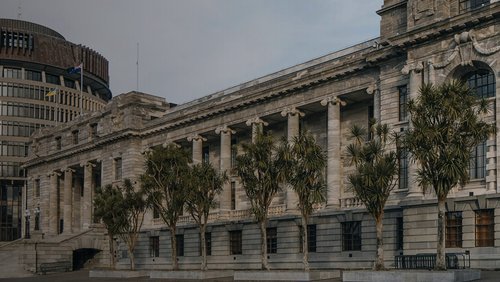19 Feb 2019
Last month’s dam collapse in Brazil shed light on potential regulatory and ethical failures in its mining industry. How can we prevent similar events from happening here?
A mining town in Brazil was put in the spotlight last month after a dam collapse spread toxic mud over an 8km stretch of homes and businesses, killing more than 150 people with 248 still missing.
The disaster in Brumadinho is the second of its kind in the last three years in Brazil, which has 88 other mining dams like the ones that have failed.
An examination of the Brumadinho collapse and others like it in The New York Times suggests that there are many factors that allow disasters like these to happen.
Individuals, particularly engineers, have an important role to ensuring that the system functions. This includes speaking up when we feel concerned that something is not quite right.
It’s not clear if anyone was aware of the imminent threat that faced Brumadinho, but if you as an engineer are concerned that something’s not up to code, or become aware of flaws in a structure, it’s your responsibility to voice your professional opinion and take a stand.
As stated in our Code of Ethical Conduct, you must, in the course of your engineering activities, take reasonable steps to safeguard the health and safety of people. Additionally, if you have reasonable grounds to believe that an engineering matter has, or could have, adverse consequences, the first thing is to speak to the appropriate person to ensure they are aware of the situation. If you are not satisfied they will appropriately respond you must bring the matter to the notice of the relevant regulatory body.
These can be difficult conversations to have but it is your responsibility to safeguard life.
If you find yourself in an uncomfortable situation and you are unsure of what to do, Engineering New Zealand can provide help and advice. Give us a call or email.




